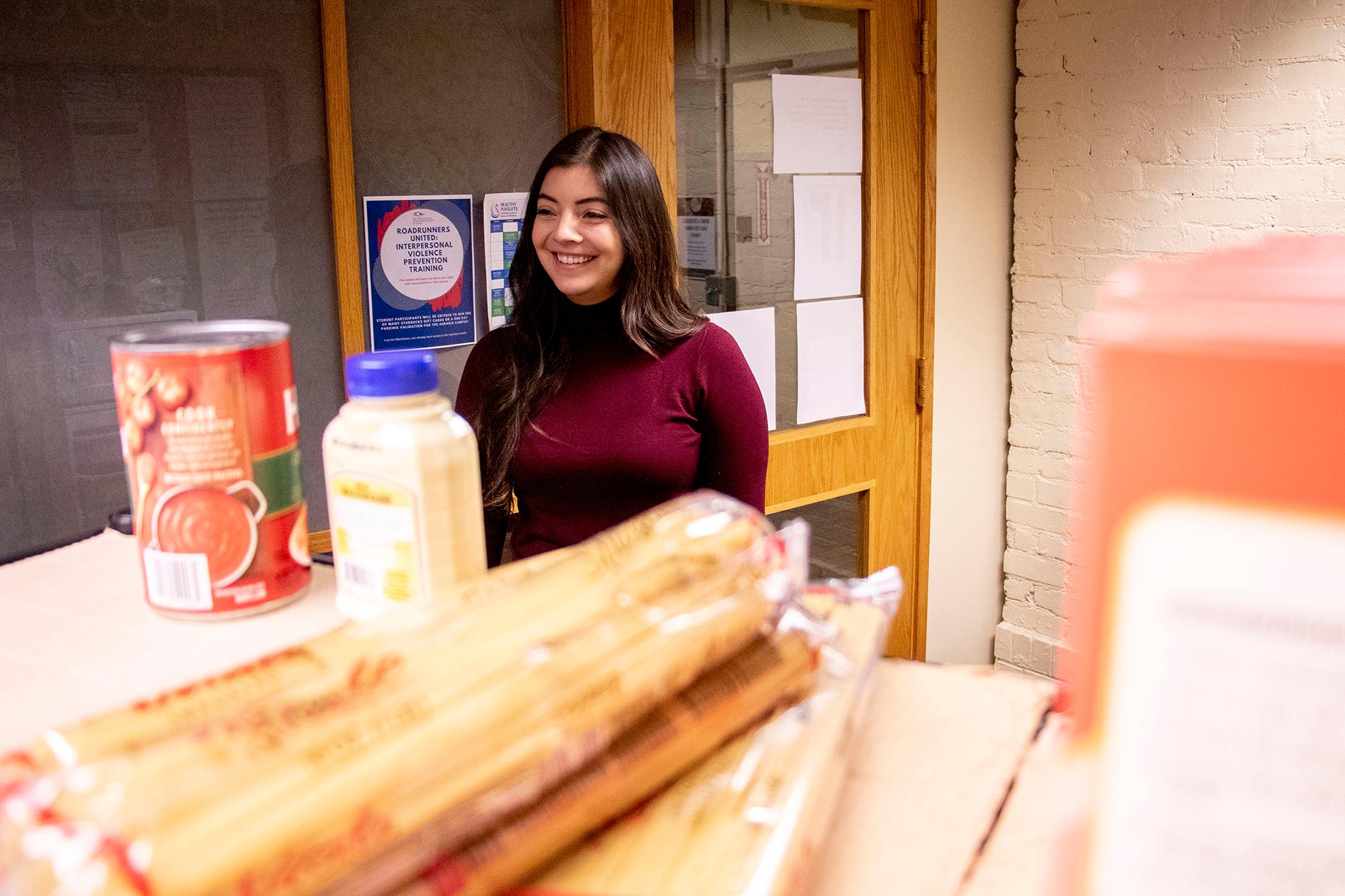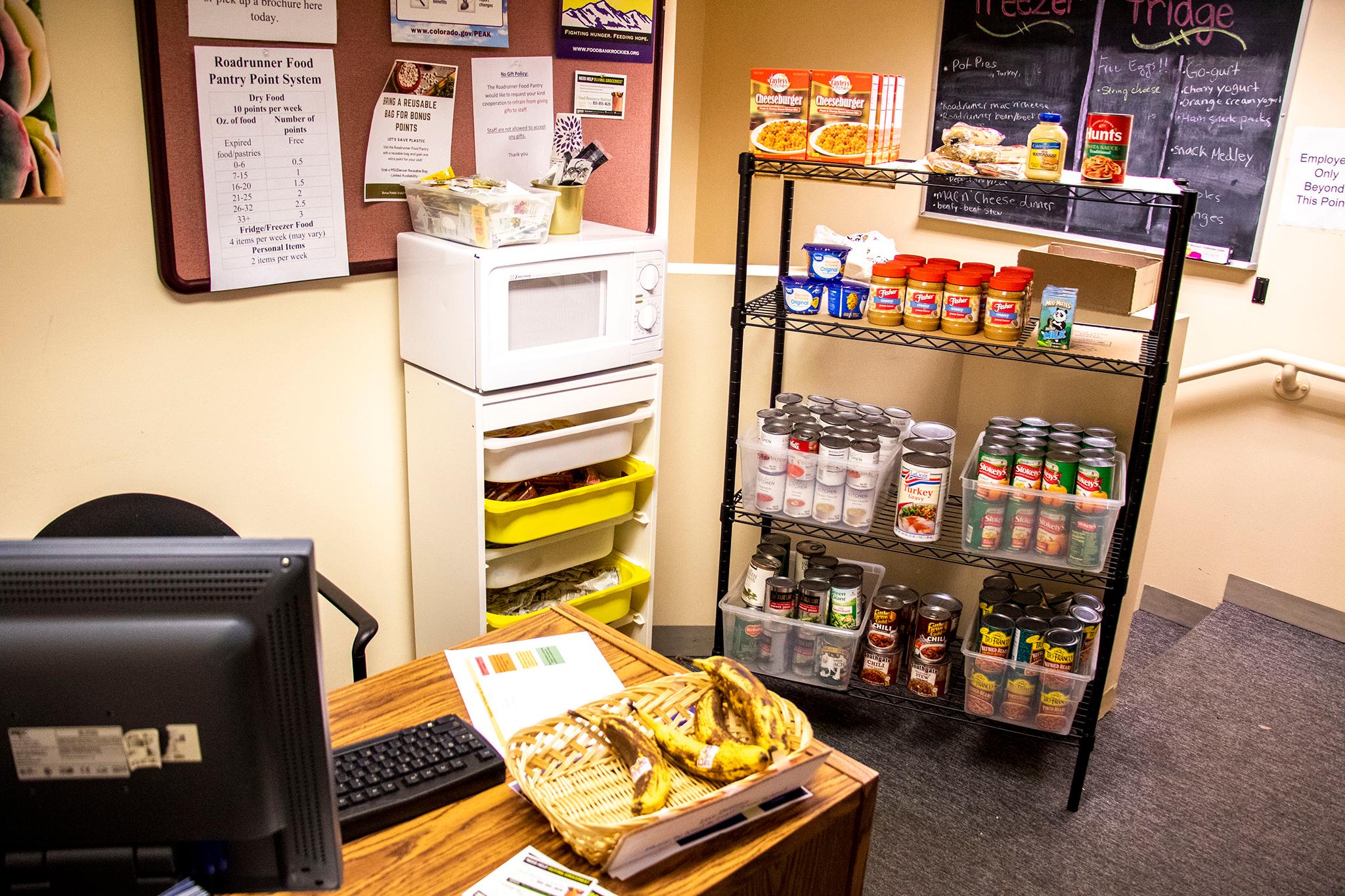Metropolitan State University of Denver is gearing up to ensure students don't go hungry over Thanksgiving break.
Erica Quintana-Garcia, the interim director of MSU's Student Care Center, said a donations drive began Nov. 1 and ends Nov. 19. The goal is to collect items for holiday baskets that will be filled with food and grocery store gift cards. Students can pick up the packages at Quintana-Garcia's center and a food pantry in the Tivoli Student Union before the weeklong holiday break begins Nov. 25.
Hunger on college campuses is an issue across the United States that several Denver schools have addressed in recent years by opening pantries where students can pick up free food. MSU took the step early, opening its pantry in 2007.
Four in 10 students at Metro State, Community College of Denver, University of Colorado Denver and the University of Denver worry about running out of food before being able to afford more, according to a survey last year by the Hope Center for College, Community, and Justice, a think tank at Temple University in Philadelphia. The Hope Center has conducted such surveys and found similar results across the country.
MSU in September revamped its support for students who are struggling financially by creating the Student Care Center. The center has a fund to tide students over for emergencies like evictions, and a scholarship program for young people who have aged out of foster care. Quintana-Garcia also oversees the food pantry, which a year and a half ago moved from a more secluded part of Tivoli to a heavily trafficked hallway.
So far this year, the pantry staffed by work-study students has had 1,145 visits, compared to 1,653 for all of the fall and spring semesters last year. At that rate, Quintana-Garcia expects pantry visits to triple this year over last.
"There's always been a need," Quintana-Garcia said. "It's just that people are more aware" of the pantry now.

The pantry, which is open every weekday throughout the day, can be a point of contact between students and the care center. Next week as part of a campus-wide effort to raise awareness about hunger and homelessness, the care center will help students enroll for the federal Supplemental Nutrition Assistance Program, often referred to as food stamps. The Hope Center study found that many Denver students who are struggling to meet basic needs aren't receiving public assistance. For example, only 12 percent of food-insecure students were receiving SNAP benefits.
The MSU pantry relies on donations as well as support from the dean of students and the Student Government Assembly. In recent years hospitality students have been packaging the results of their classroom assignments into single servings that can be stored in the pantry's two freezers -- one of which was donated by the hospitality department -- for distribution. Some students also occasionally organize GoFundMe or other drives for the pantry.
"It's the students helping students," Quintana-Garcia said.














